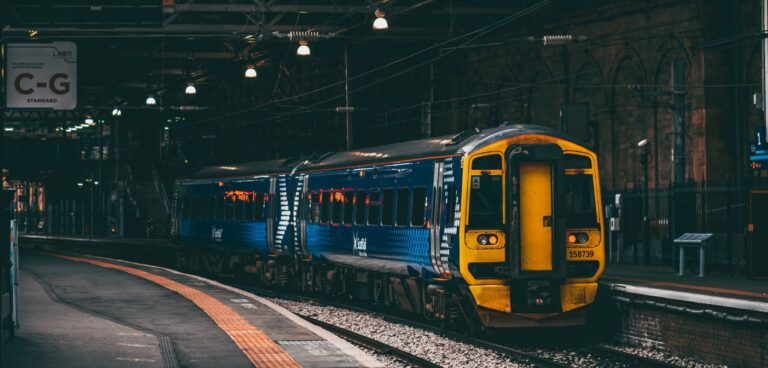The UK government has announced that investment for trans-Pennine route upgrades (TRU) has increased to more than £9bn.
The funding will be used to try and reduce journey times and cut carbon emissions by up to 87,000 tonnes per year.
The increase in funding, from £2.9bn to more than £9bn, is also intended to strengthen TRU and Northern Powerhouse Rail, and raise the project to a ‘gold standard’ as part of the UK’s levelling up agenda.
The full route will reportedly be fitted with the latest technology, from total electrification and complete digital signalling, to increased capacity for passenger and freight services between Huddersfield and Westtown in Dewsbury, doubling tracks from two to four.
A further £959m has been assigned to progressing TRU between Manchester and York, which will be spent on electrifying the line between Stalybridge and Manchester and reducing trans-Pennine rail freight journey times.
The government said it expects electric trains between Manchester and Stalybridge to become operational by the mid 2020s.
Funding will also facilitate Northern Powerhouse Rail to potentially increase the number of construction jobs from 2,000 to up to 4,000, in an effort to improve journeys and reduce emissions by taking lorries off of UK roads.
UK transport secretary Grant Shapps said: “Through our record-breaking integrated rail plan, we have a once in a lifetime opportunity to redesign the railways and it’s only right that we deliver this in line with the best quality technology at our disposal.”
Once complete, the TRU is expected to deliver multiple benefits, delivering an extra two passenger trains every hour and additional hourly freight slots.
What’s more, upgrades are expected to service more reliable journeys and slash journey times by up to 40%.
TRU, which was announced in November 2021 as part of an integrated railway project, should be functional from 2025, with the aim of adding to the economy and creating locally-based skilled jobs.





